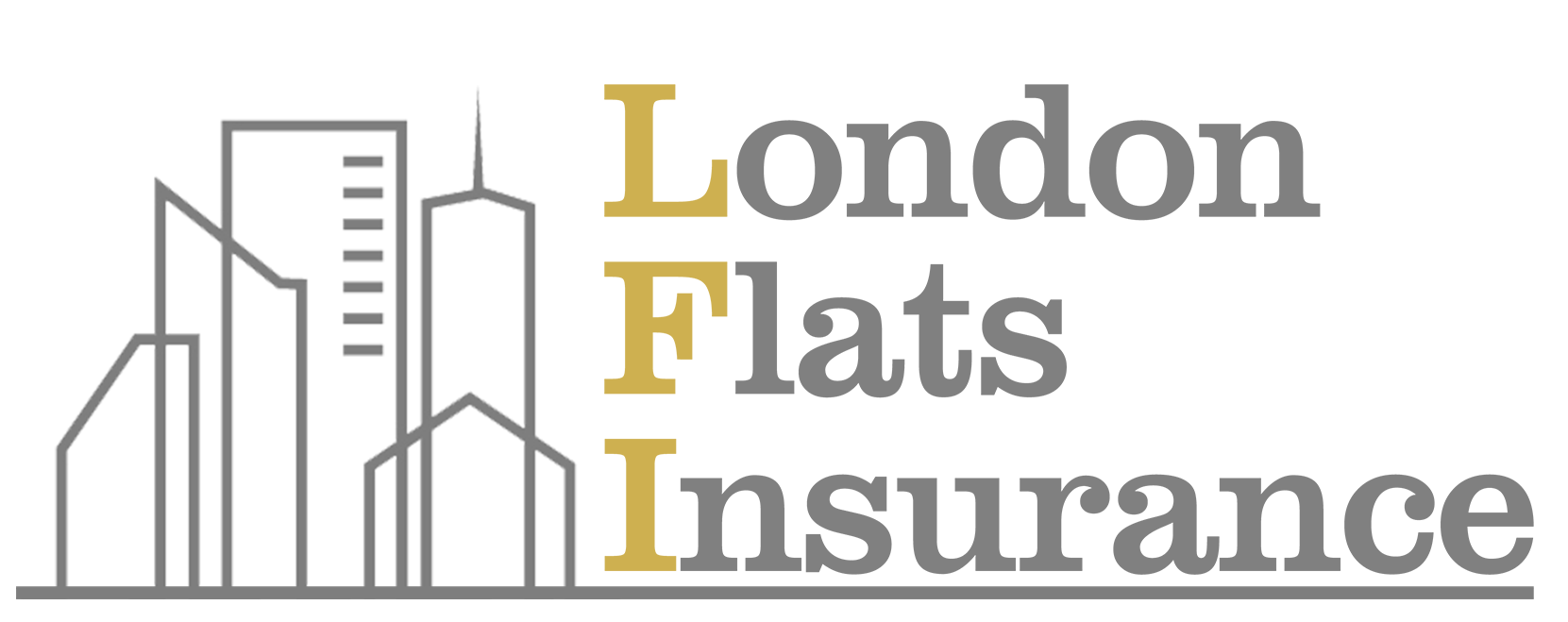Why are insurance premiums increasing?

Sinead Campbell, of London Flats Insurance, discusses the possible reasons for the increase in insurance premiums.
As an RMC Director, Property Manager or Right to Manage Company, you will be on the front line for service charge enquiries. Residents are likely to be receiving higher bills than usual, largely due to insurance costs. Buildings Insurance is often the highest cost listed on the service charge breakdown and prices are creeping up and up.
As Buildings Insurance is a necessity (both by the terms of the lease and in terms of common sense), residents can feel like sitting ducks; defenceless against price hikes both in this area and across the board with the cost-of-living crisis in full swing. This can put you in the firing line for intense scrutiny and emotionally charged conversations.
Increases are apparent throughout the industry, not just for blocks of flats insurance, but a couple of factors are affecting insurer’s willingness and ability to insure blocks in particular.
What Is Causing Increases?
There are a few main factors at play here. One is the cost of rebuilding and repairs, the other is a huge increase in the amount of claims made by block managers, as well as the increasing value of those claims. The third is the cost to insurers for their own reinsurance.
The supply chain issues that began in 2021 are still ongoing. Due to the pandemic, Brexit and the war in Ukraine, materials and labour have been harder to come by, meaning the costs have soared.
Insurers must base their premiums on calculations of the costs that they will need to cover in the event of a claim. They refer to the Building Costs Information Service, supplied by RICS, which confirms the Building Declared Value (BDV). This is the value of the bricks and mortar of the property- not based on the value of the land or desirability of the building. It is the cost that would be incurred to completely rebuild the property to is current state including fitted kitchens and bathrooms etc.
The take home message is that insurers can’t simply charge higher premiums to maximise profit. Their fees will always be based on the BDV; a figure that is out of their control.
The increase in claims and the higher value of those claims means we are currently in a ‘hard market’. This reduces insurers’ willingness to take on risks. Some won’t insure blocks at all because of this, others operate on a case-by-case basis.
Companies are also facing higher costs for reinsurance (the cover insurance companies take out to cover themselves against major losses that may affect their ability to pay out for valid claims). This has been a general increase across the market due to significant international events; most notably, the Covid pandemic, but also due to large-scale fires and storms.
Storm and flood frequency and severity have increased both nationally and internationally- resulting in insurance companies paying out far more in claims than they have in previous years. This has forced many companies to increase their premiums to remain solvent.
What Can You Do?
The obvious first stop is to shop around. Utilise a trusted broker to do this on your behalf to reduce the stress and chances of over or under insuring your building. Make sure the value of your property is up to date and check your policy wording to make sure you’re not paying for cover you don’t actually need.
Your management of risk and your number of claims are huge factors in your premium costs. If you can show insurers that you’re putting assessment recommendations in place and abiding by maintenance programmes to reduce the risk of water damage etc then they will be far more likely to work with you, and for a decent price.
You can also consider increasing your excess on your policy. This needs to be openly discussed with residents as, with an increased excess, the cost of smaller repairs and making good will likely come out of the service charge budget to avoid paying a large excess/making a claim.
Some great tips:
- If you’ve had a claim, provide your insurer with evidence of the measures you’ve taken since to minimise the risk of the same issue occurring again
- If you’ve had a Rebuilding Cost Assessment, let your insurer/broker know and provide the report
- If you’ve had a Fire Risk or H&S assessment completed, let your insurer/broker know and provide the reports alongside any evidence of measures taken on the back of the assessor’s advice
- Let your insurer/broker know if you have any additional features in place to reduce risk in your block such as an automatic fire alarm, CCTV, sprinklers or a door entry system
All of the above can lead to your insurer to provide a discount on your premium.
For more information, please contact a member of the London Flats Insurance team on 020 7993 3034.
